Call for Papers: ASEH 2017 Writing Workshop
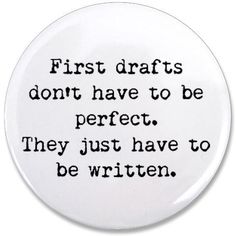
The purpose of the Graduate Student Writing Workshop is to provide a forum for graduate students in environmental history to develop their writing and research skills. Guided by the faculty reader, each participant will read and comment on the work of fellow participants. The workshop will emphasize all aspects of the writing process, from cultivating the first germ of a project, to chapter organization and revision, to shaping proposals and abstracts. Groups will be encouraged to discuss writing style, voice, and mechanics, as well as practice how to get and give good feedback. Confirmed faculty participants include Andrew Case, Finis Dunaway, Catherine Dunlop, Stephen Pyne, and Kendra Smith-Howard.
To apply, submit a one-page (double-spaced) summary of the work that you intend to bring to the writing workshop. Note in your application the subject matter of your work as well as the format and potential audience. In addition to the one-page summary, include a one-paragraph bio indicating your research agenda, educational affiliation, and current contact information. Applications should be sent via email to Anastasia Day (aday@udel.edu). The deadline for applications is December 1, 2016. Please note that, if accepted, the final version of your work must be submitted to your faculty reader and fellow participants no later than February 27, 2017.
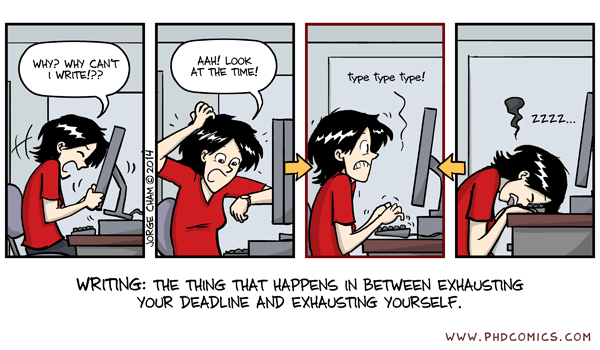
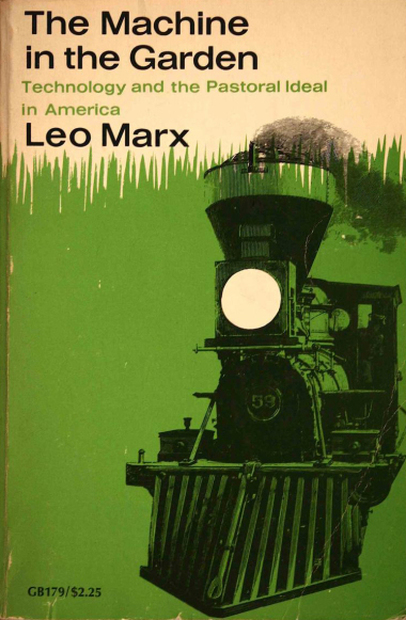
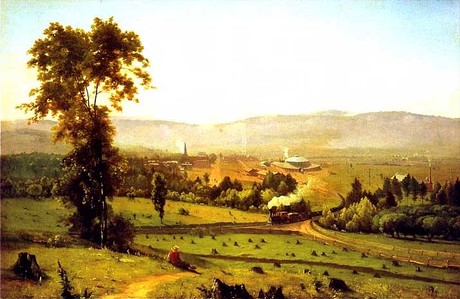
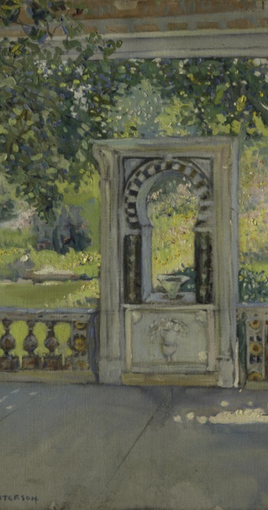
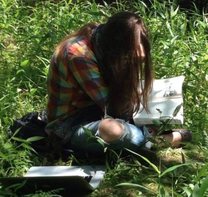
 RSS Feed
RSS Feed